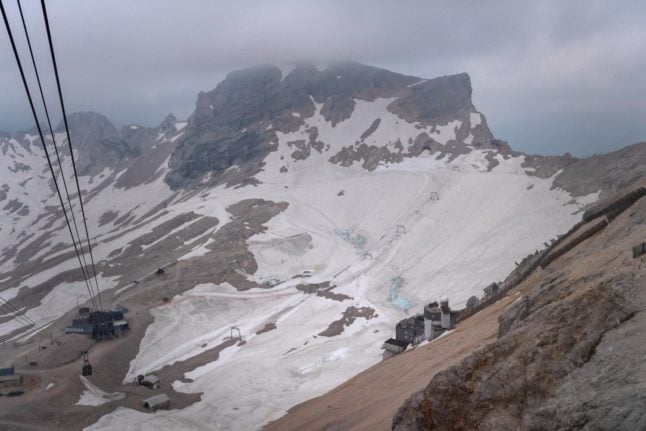The man went skiing on the frozen Mjölefjärden inlet about 20 kilometres south of Umeå at lunchtime on Saturday.
Police received a call at around 3pm, yet the man’s body wasn’t recovered until Sunday morning after a massive search operation.
The police used search dogs, scooters and a helicopter to find the missing man, with sea rescue services and the coastal guard involved, too.
Overnight, the temperature dropped to minus 15 degrees Celsius.
The man had apparently drowned in a hole in the ice about 450 metres from the shore.
The inlet had reportedly only been frozen for a couple of days when the man ventured out on it.
A local police officer riding a scooter noticed ski tracks on the ice and followed them until he was no longer sure that the ice would hold.
At that point he notified the coastal guard, who took over the search using a hovercraft.
Further out, near a hole in the ice, the search team found some of the man’s belongings and later his body was found inside the hole.
“It is very tragic”, Simon Wormö, the local police commander, told Sveriges Radio (SR).
Wormö explained that the ice was on the edge of open waters and that ice holes can emerge at any time of the day, depending on weather conditions.
In windy weather, snow can blow over and cover the holes, making the territory treacherous and risky.
Wormö recommended skiers and ice skaters to keep as close to land as possible and not to venture far out on sea ices.
The 60-year-old’s family has been notified of his death.
The Local/nr Follow The Local on Twitter


 Please whitelist us to continue reading.
Please whitelist us to continue reading.
Member comments